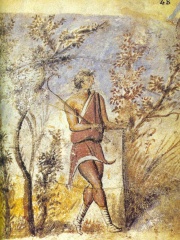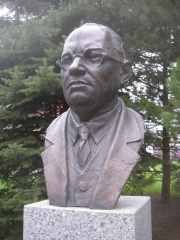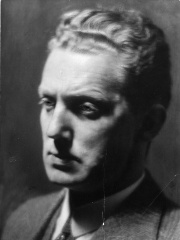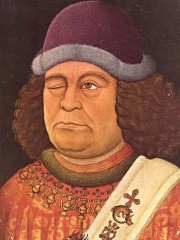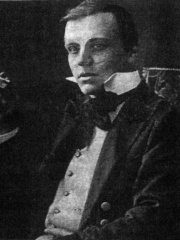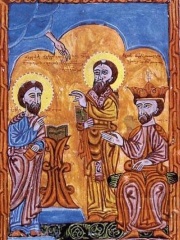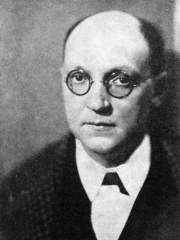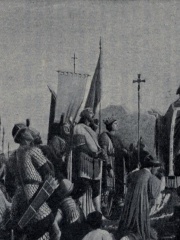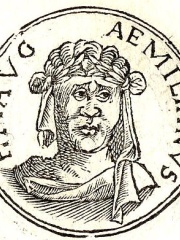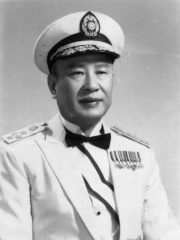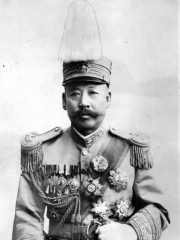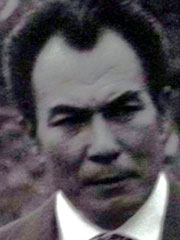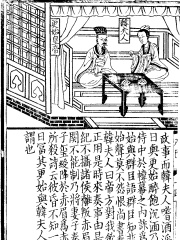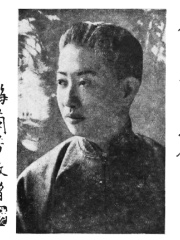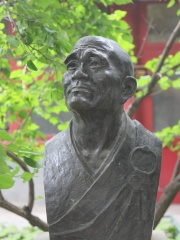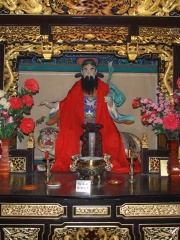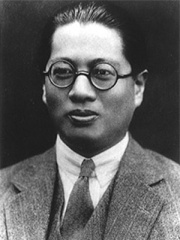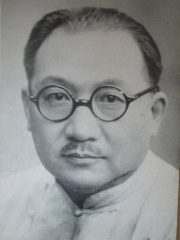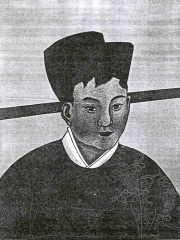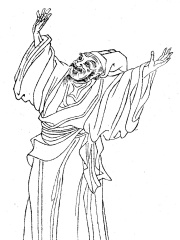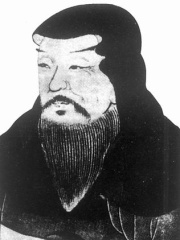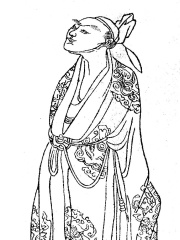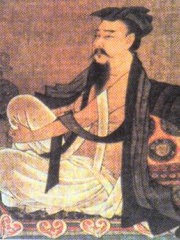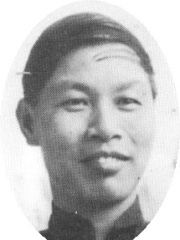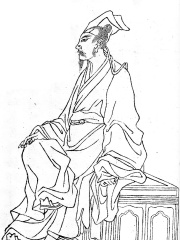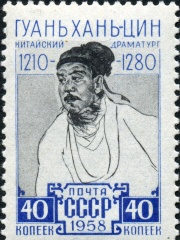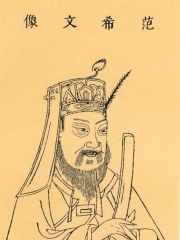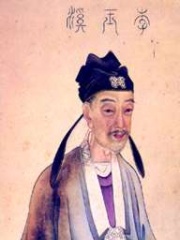Writer
Ji Kang
223 - 262
EN.WIKIPEDIA PAGE VIEWS (PV)
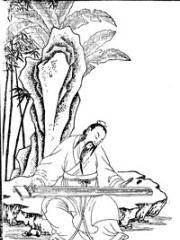
 Ji Kang
Ji Kang
Ji Kang (Chinese: 嵇康, c.224–c.263), sometimes referred to as Xi Kang, courtesy name Shuye (叔夜), was a Chinese composer, essayist, philosopher, and poet of the Three Kingdoms period. He was one of the Seven Sages of the Bamboo Grove who held aloof from the dangerous politics of third-century China to devote themselves to art and refinement. Ji Kang is noted as an author and was also a famous composer and guqin-player. He was described as a handsome and tall man (approximately 1.88 metres). Read more on Wikipedia
His biography is available in 25 different languages on Wikipedia (up from 23 in 2024). Ji Kang is the 1,860th most popular writer (up from 1,994th in 2024), the 508th most popular biography from China (up from 564th in 2019) and the 49th most popular Chinese Writer.
Memorability Metrics
Page views of Ji Kang by language
Among Writers
Among writers, Ji Kang ranks 1,860 out of 7,302. Before him are Aelianus Tacticus, Feng Menglong, Nicander, Josef Lada, Trygve Gulbranssen, and Oswald von Wolkenstein. After him are Hanns Heinz Ewers, Agathangelos, Georges Duhamel, Dobrodeia of Kiev, Paulinus II of Aquileia, and Luis de León.
Most Popular Writers in Wikipedia
Go to all RankingsAelianus Tacticus
100 - 200
HPI: 63.71
Rank: 1,854
Feng Menglong
1574 - 1645
HPI: 63.70
Rank: 1,855
Nicander
250 BC - 170 BC
HPI: 63.70
Rank: 1,856
Josef Lada
1887 - 1957
HPI: 63.70
Rank: 1,857
Trygve Gulbranssen
1894 - 1962
HPI: 63.70
Rank: 1,858
Oswald von Wolkenstein
1377 - 1445
HPI: 63.69
Rank: 1,859
Ji Kang
223 - 262
HPI: 63.68
Rank: 1,860
Hanns Heinz Ewers
1871 - 1943
HPI: 63.67
Rank: 1,861
Agathangelos
500 - 600
HPI: 63.67
Rank: 1,862
Georges Duhamel
1884 - 1966
HPI: 63.66
Rank: 1,863
Dobrodeia of Kiev
1101 - 1131
HPI: 63.66
Rank: 1,864
Paulinus II of Aquileia
740 - 802
HPI: 63.66
Rank: 1,865
Luis de León
1527 - 1591
HPI: 63.66
Rank: 1,866
Contemporaries
Among people born in 223, Ji Kang ranks 1. Among people deceased in 262, Ji Kang ranks 2. Before him is Mussius Aemilianus.
Others Born in 223
Go to all RankingsOthers Deceased in 262
Go to all RankingsIn China
Among people born in China, Ji Kang ranks 508 out of NaN. Before him are Bai Chongxi (1893), Cao Kun (1862), Feng Menglong (1574), Shih Kien (1913), Gengshi Emperor (null), and Ling Tong (189). After him are Mei Lanfang (1894), Yi Xing (683), Sun Simiao (581), T. V. Soong (1894), H. H. Kung (1881), and Emperor Duanzong (1268).
Others born in China
Go to all RankingsBai Chongxi
POLITICIAN
1893 - 1966
HPI: 63.71
Rank: 502
Cao Kun
POLITICIAN
1862 - 1938
HPI: 63.71
Rank: 503
Feng Menglong
WRITER
1574 - 1645
HPI: 63.70
Rank: 504
Shih Kien
ACTOR
1913 - 2009
HPI: 63.70
Rank: 505
Gengshi Emperor
POLITICIAN
HPI: 63.69
Rank: 506
Ling Tong
MILITARY PERSONNEL
189 - Present
HPI: 63.69
Rank: 507
Ji Kang
WRITER
223 - 262
HPI: 63.68
Rank: 508
Mei Lanfang
SINGER
1894 - 1961
HPI: 63.68
Rank: 509
Yi Xing
MATHEMATICIAN
683 - 727
HPI: 63.66
Rank: 510
Sun Simiao
PHYSICIAN
581 - 682
HPI: 63.63
Rank: 511
T. V. Soong
POLITICIAN
1894 - 1971
HPI: 63.61
Rank: 512
H. H. Kung
POLITICIAN
1881 - 1967
HPI: 63.60
Rank: 513
Emperor Duanzong
POLITICIAN
1268 - 1278
HPI: 63.60
Rank: 514
Among Writers In China
Among writers born in China, Ji Kang ranks 49. Before him are Shen Yue (441), Liu Zongyuan (773), Xu Shen (58), Li He (790), Ruan Ji (210), and Feng Menglong (1574). After him are Watchman Nee (1903), Yuan Zhen (779), Guan Hanqing (1210), Fan Zhongyan (989), Lu Ji (261), and Li Shangyin (813).
Shen Yue
441 - 513
HPI: 64.28
Rank: 43
Liu Zongyuan
773 - 819
HPI: 64.26
Rank: 44
Xu Shen
58 - 147
HPI: 64.20
Rank: 45
Li He
790 - 816
HPI: 63.96
Rank: 46
Ruan Ji
210 - 263
HPI: 63.85
Rank: 47
Feng Menglong
1574 - 1645
HPI: 63.70
Rank: 48
Ji Kang
223 - 262
HPI: 63.68
Rank: 49
Watchman Nee
1903 - 1972
HPI: 63.30
Rank: 50
Yuan Zhen
779 - 831
HPI: 63.17
Rank: 51
Guan Hanqing
1210 - 1280
HPI: 62.86
Rank: 52
Fan Zhongyan
989 - 1052
HPI: 62.85
Rank: 53
Lu Ji
261 - 303
HPI: 62.77
Rank: 54
Li Shangyin
813 - 858
HPI: 62.73
Rank: 55


